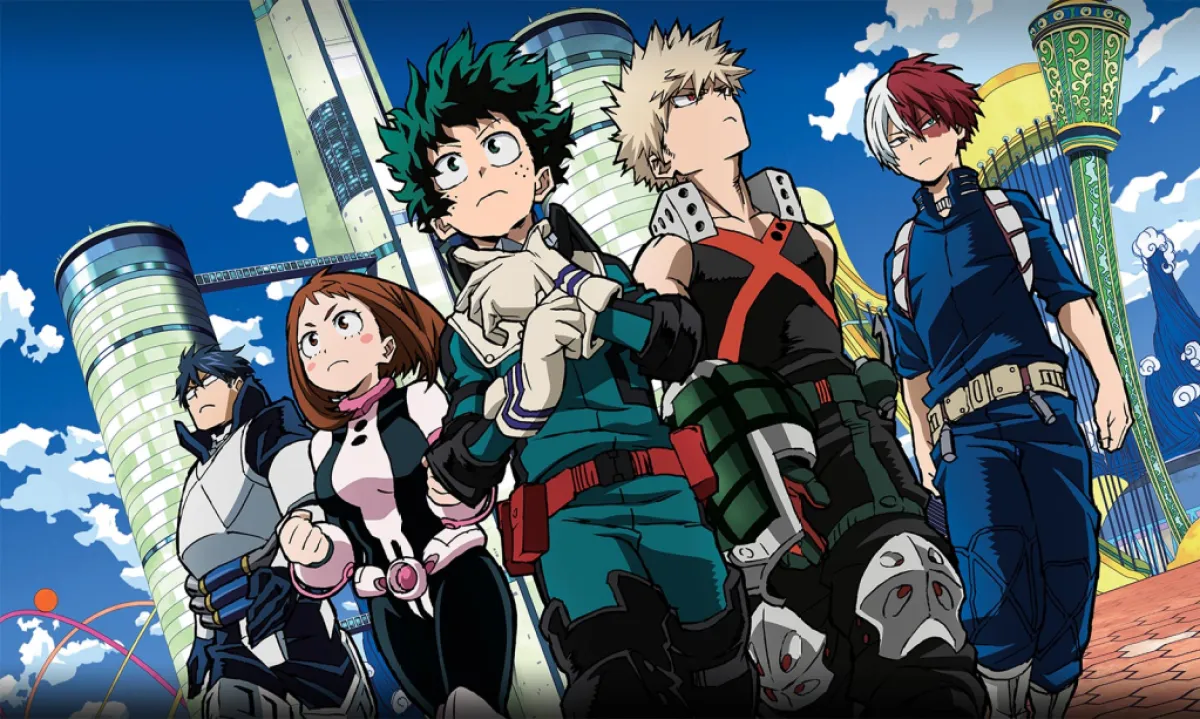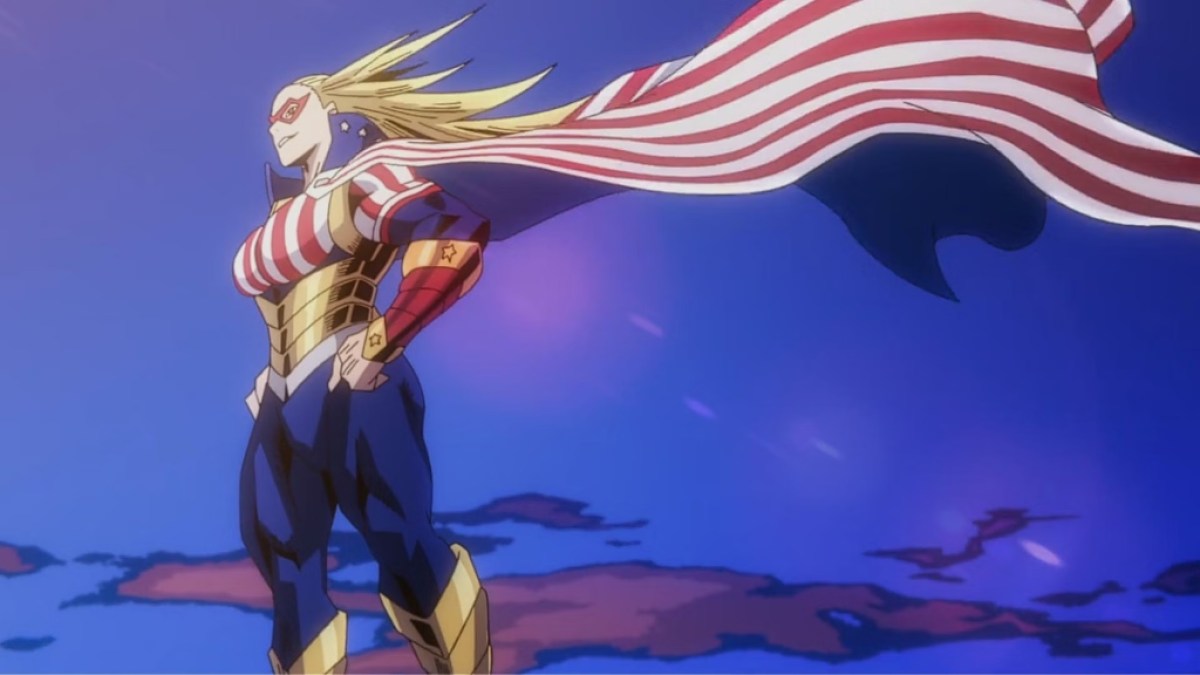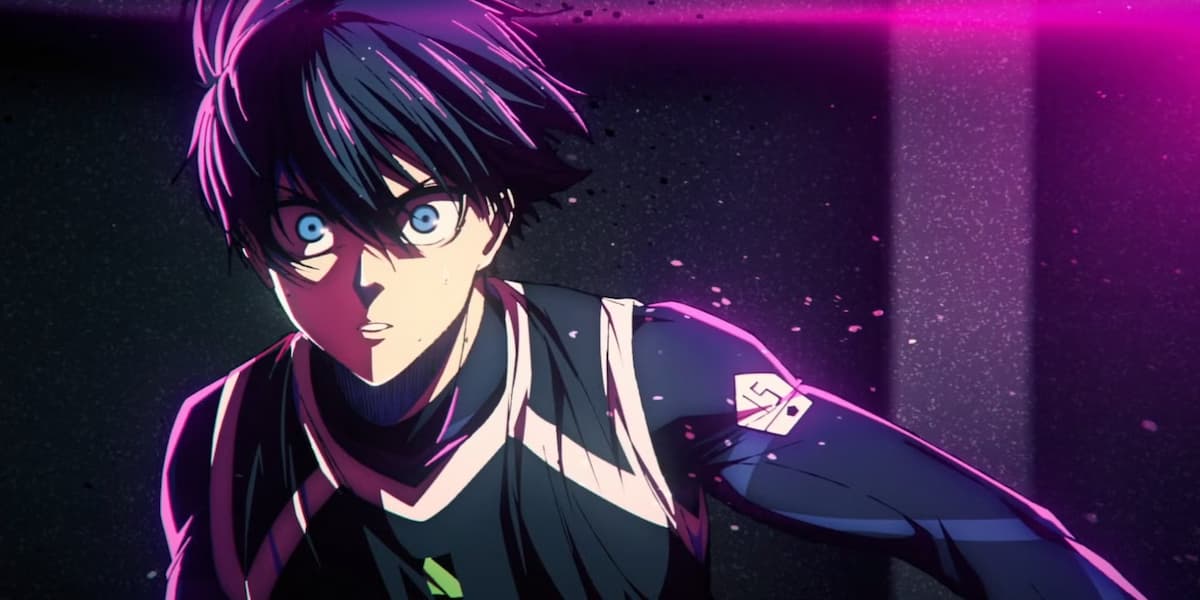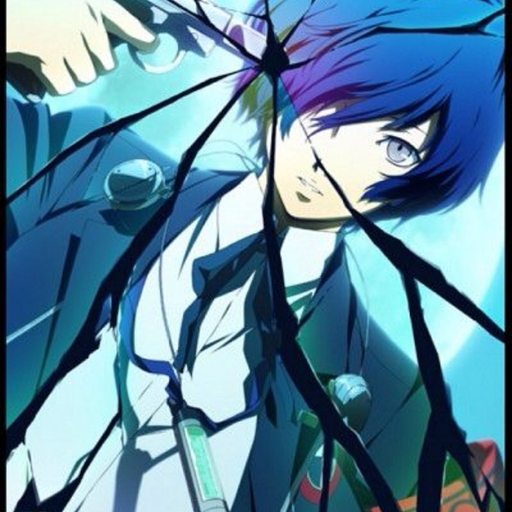After ten years and lots of critical acclaim for both the manga and the anime, My Hero Academia has come to an end, and I can’t muster any feeling towards it one way or the other.
It’s a sentiment similar to the one I had when Attack on Titan ended last year. Yes, I can acknowledge the amount of love and attention that the series has garnered since it debuted in Shonen Jump and how its more measured anime adaptation prioritized quality over pumping out new episodes as quickly as possible. But much like Attack on Titan, I could never get into the series, no matter how hard I tried. Whether it was watching the anime or reading the manga, every attempt I had to engage with the series left me cold. And now it’s all over.
On August 5th, 2024, Kohei Hirokoshi’s superhero epic wrapped up. As I’m writing this, the final chapter has yet to be released, but even if it somehow offers a finale that lives up to everyone’s expectations, I don’t think it will incentivize me to start following the series now that it’s all said and done. So, much like last time, I wanted to offer up an explanation as to why I never got into one of the most popular Shonen properties of the last decade.

I admit, when I first heard of My Hero Academia in 2014, I didn’t care for it. I had already written it off before reading a single chapter. Why? Because of its inspiration. While Kohei Hirokoshi had said that he was inspired by manga like Dragon Ball Z and Naruto, most of the aesthetics and themes of the series took their cues from American comics. Hirokoshi has been a huge fan of American comics and read them even before they became popular in Japan thanks to the worldwide success of numerous Hollywood superhero franchises like the MCU, Spider-Man, and the X-Men series. Because of that, Hy Hero Academia was seen as a blending of the two cultures – making an American superhero epic from the perspective of a Japanese Shonen action series.
But it’s because of that blatant connection that I became disinterested in the series, whether it was fair or not. I’m someone who loves to read American superhero comics. I’ve been a DC fan for most of my life and at the time I was reading comics like Scott Snyder’s run on Batman, Brian Azzarello’s wonderful run on Wonder Woman, and various smaller series like Secret Six, Animal Man, and Batgirl. These titles gave me exactly what I wanted – stellar artwork, great action, and solid character drama. These series were also part of a large, interconnected world that would come together in grand events that would shake the fabric of the world. When I saw My Hero Academia, I had assumed that the series was a pale imitation of those tropes.
On that, I can safely say that I was wrong. My Hero Academia takes a lot of the iconography of superheroes and puts its own, worthy spin on it. In the world of My Hero Academia, anyone is capable of being a hero. Even if you’re like Deku, a person who was born without a Quirk and logically shouldn’t be able to become a superhero, still tries to. He pushes himself to be accepted into U.A. High School and slowly becomes the hero he always wanted to be. It’s a theme that’s universal in superhero comics. It doesn’t matter if you have powers or not. Anyone can be a hero with enough determination and perseverance.

But still, my bias against the series stood. Even as the series exploded in popularity with the anime’s release in 2015, I tried to engage with it but found one part that stopped me in my tracks – its supporting cast. In the first season of the show, the series introduced an absurd amount of supporting characters to populate Class 1-A. While some of them received worthwhile development as the series went on like Bakugo and Todoroki, there were just too many characters to keep track of. Some of them were insufferable, like Mineta (though I won’t hold that against the series), but most just kind of existed, not providing a lot to the ongoing narrative. But instead of fleshing out this core class that Deku and his friends spend most of their time with, the series keeps trying to add even more characters.
My Hero Academia takes the concept of a large and shared superhero universe goes overboard with it yet doesn’t know what to do with it. Not only is Class 1-A introduced, but Class 1-B is also shown off despite most of its students hardly doing anything. It’s been shown that there are superheroes outside of Japan, but we hardly see any of them since the series is solely focused on Deku and the people surrounding him. The manga did get a spin-off, Vigilantes, that attempted to flesh out the world somewhat, but had minimal impact and those characters, yet again, rarely, if ever, factor into the events of the main series. Why bother designing all of these characters if the series doesn’t do anything with them outside of sporting slick designs and using their power for fight scenes?
Developing and maintaining a large supporting cast is tricky, especially for a long-running series. At the risk of sounding like a One Piece apologist, one of the strengths of that series handles is its supporting cast. They’re established within the confines of an arc and then are left once their story is concluded. There are rare instances where some side characters will reappear in future arcs, but they’re exactly that – rarities. Plus the series has trained its audience to expect check-ins with its cast in between major arcs or during global events, to remind audiences about the scale of the world and the events happening. My Hero Academia seems its supporting cast as background fodder and every time I interact with the series it just continues to prove that point.

A few years after the anime debuted, I gave the series another chance by watching the original movie, World Heroes’ Mission. I was given a screener in the lead-up to New York Comic Con and watched it, hoping that this non-canon film would generate some interest in exploring the series in more detail. I’ve always believed that non-canon anime films, or at least the good ones, should be a distillation of the strengths of their source material and are easy jumping on points for newcomers. But as I watched the movie, I was just bombarded by tons and tons and tons of side characters that ultimately didn’t matter and served as glorified cameos. The film centered on Deku, Bakugo, and Todoroki, with barely any thought being given to anyone else. Is this true of the rest of the series? Does the show center on these three and their struggles to be heroes? That’s the impression that I got from World Heroes’ Mission.
So I continued to ignore the series. As I did, I started to hear more and more criticisms about the series. Keep in mind, these criticisms weren’t the majority consensus, but much like how people began to become dissatisfied with Chainsaw Man’s erratic tone or Jujutsu Kaisen’s treatment of its characters, people became comfortable sharing their dissatisfaction with the series. One of the biggest criticisms I saw of the series was the general lack of consequences that certain actions had. It’s a criticism I’ve heard a lot these past few weeks as the series’ epilogue doesn’t address the impact the final arc had on the world. While I couldn’t confirm nor deny these criticisms, what I will say is that this isn’t a problem this is exclusive to My Hero Academia.
If we’re going to argue that My Hero Academia is somehow weaker because it doesn’t show lasting consequences for its actions, then I would say that’s just par for the course with superhero comics and their constant need to maintain a status quo. How many times has there been a critically acclaimed run of a comic book that was quickly a swiftly ignored the second a new writing team stepped on board? It’s unfortunate, but if My Hero Academia suffers from a lack of repercussions, then it’s not the only series to be guilty of it is all I’m saying.

I love reading manga and comic books, but for some reason, My Hero Academia never came across like peanut butter and chocolate to me. These two parts should compliment each other well, and they do for most people, but for me they never quite sat right with each other. My Hero Academia came across as a pale imitation of the genre that I loved and instead of mixing superheroes and manga seamlessly, it instead took a lot of the comic book industries worst tropes and just put a Shonen spin on them.
But let me make one thing perfectly clear – if you are someone who loves My Hero Academia and are saddened to see it go, then I feel for you. I wish I could have overcome my biases and enjoyed the series just as much as you did. I have friends who don’t watch anime or read manga, yet they kept up with My Hero Academia for the better part of a decade. It clearly hit a nerve that affected millions upon millions of people, so who am I to say that someone shouldn’t enjoy it? If you were emotionally impacted by Deku’s journey to be a hero, then I hope this finale serves as the coda that you were looking for. I just won’t be one of the people looking back with reverence for a series that I thought never lived up to its full potential.






Published: Aug 5, 2024 08:39 am